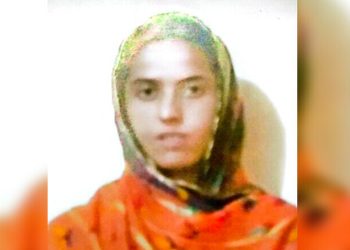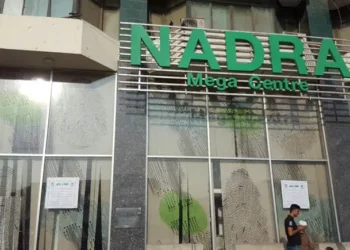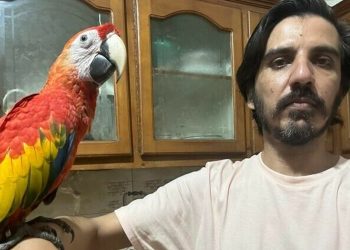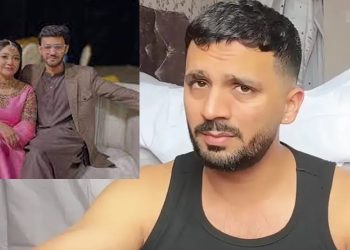Abu Mohammed al-Jolani is the leader of Hayat Tahrir al-Sham (HTS). This Islamist alliance led the offensive in which rebels brought down Syrian President Bashar al-Assad and ended over five decades of Baath Party rule. Jolani, whose group is rooted in Syria’s branch of Al-Qaeda, has become a central figure in Syria’s ongoing conflict, gaining prominence after his forces made significant gains across the country, including the recent capture of Damascus.
Born Ahmed al-Sharaa in 1982, Jolani hails from a well-off family in the upscale district of Mazzeh in Damascus. A good student in his youth, his transformation into a jihadist leader began after the 9/11 attacks, which sparked his interest in extremist ideologies. He attended secretive sermons in Syria and later joined Al-Qaeda in Iraq, where he fought under the leadership of Abu Musab al-Zarqawi. He was detained for five years but resurfaced after the 2011 revolt against Assad’s regime, founding the Al-Nusra Front, Syria’s Al-Qaeda affiliate.
In 2013, Jolani refused to pledge allegiance to the Islamic State group’s leader Abu Bakr al-Baghdadi, choosing instead to align with Al-Qaeda’s Ayman al-Zawahiri. Over the years, he has carefully navigated his path from a radical jihadist to a more pragmatic leader, seeking to reshape his image and present himself as a more moderate figure. His move to sever ties with Al-Qaeda in 2016 was a clear attempt to distance his group from the global jihadist movement and lessen the justification for Western attacks against HTS.
Now, with his forces advancing rapidly through Syria, Jolani is increasingly in the spotlight, giving interviews to international media and delivering statements that have Syrians—and the world—scrambling for clues about what the future holds for the country. His group’s rapid success in cities like Aleppo and Damascus, where HTS has effectively taken control, marks a significant turning point in the war.
Jolani’s leadership is marked by pragmatism. He has taken steps to portray himself as a ruler focused on governance, not just armed jihad. In areas under HTS control, especially in Idlib province, Jolani has worked to establish a civilian government, managing local affairs while quashing opposition. However, HTS’s rule has been marred by accusations of brutal crackdowns on dissent, with human rights groups accusing them of war crimes.
Despite his claims of moderation, Jolani’s actions raise suspicions among analysts and Western governments, who continue to view HTS as a terrorist organization. His political maneuvering has included gestures aimed at easing fears among Syria’s Christian minority, urging them that they will be safe under his rule. “It’s good politics,” said analyst Aron Lund. “The more Jolani can portray himself as a responsible actor, the easier it will be for him to secure control.”





































